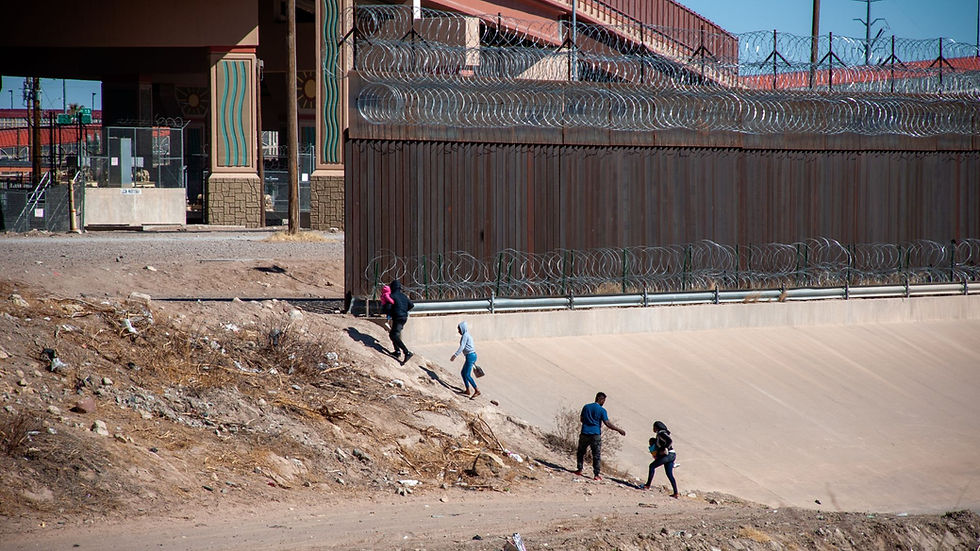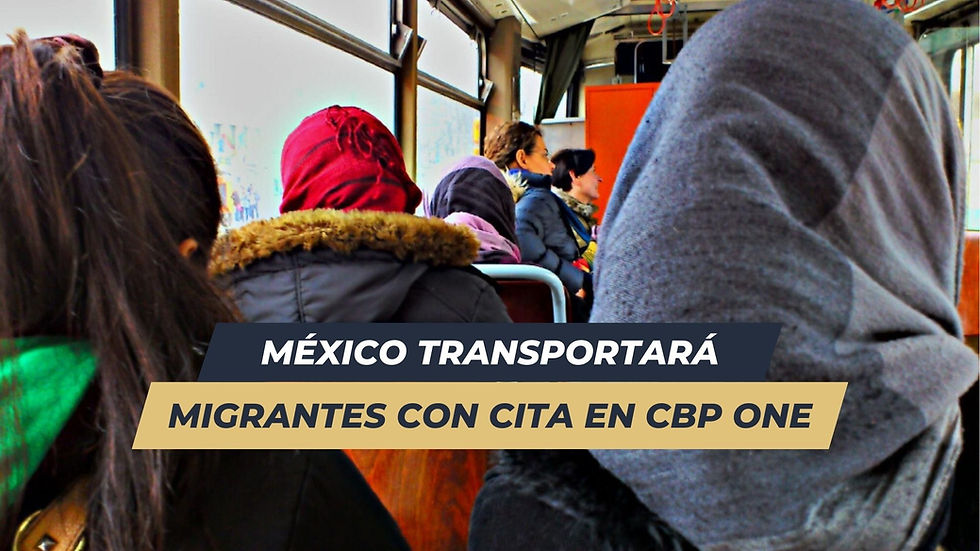Humanitarian Parole Program Temporarily Suspended
- Legal en USA

- Aug 14, 2024
- 2 min read
The Humanitarian Parole program has been temporarily suspended; consequently, no travel permits have been approved since mid-July, and the process will remain on hold until further notice.

The U.S. Department of Homeland Security (DHS) has announced the temporary suspension of the humanitarian parole program, which allows the admission of up to 360,000 people per year from Haiti, Venezuela, Nicaragua, and Cuba. This measure affects those seeking work or asylum in the country.
The Biden administration announced the pause following an internal report that indicated potential cases of fraud. The program, known as "parole," is fundamental to the government's strategy to reduce illegal crossings at the southern border by providing a legal pathway for migrants to enter the country. However, DHS officials decided to halt the admission process for new applicants while additional security checks are implemented for U.S. residents acting as sponsors.
The Department of Homeland Security takes any abuse of its processes very seriously and has temporarily paused the issuance of advance travel authorizations for new beneficiaries as a precaution. The goal is to review the sponsors' applications and resume processing applications as soon as possible with the appropriate safeguards in place.
Despite the pause, DHS clarified that the nearly 500,000 beneficiaries already admitted under the program will not be affected, as they have undergone background checks. The suspension began in mid-July after an internal report identified issues such as multiple applications from a single sponsor. Currently, applications for the "parole" program are still being accepted online, but they are not being approved temporarily.
The "parole" program was initiated in 2022 for Venezuela and expanded last year to include Haiti, Nicaragua, and Cuba. The initiative aims to provide a legal pathway for migrants to enter the United States instead of risking their lives on dangerous journeys to the southern border. Beneficiaries of the program can stay and work in the United States for up to two years, provided they have a sponsor who supports them financially and both pass background checks.
Although the program has been deemed an immediate success by federal officials and has contributed to a significant decrease in illegal crossings, it has faced criticism. Republican lawmakers and groups advocating for reduced immigration have expressed concerns about the verification process and the high approval rate of applications, which was 98% in the first year.
DHS has not specified how long the pause will last, but it is expected to be short. Meanwhile, the Biden administration continues to defend the program, highlighting its effectiveness in managing immigration in an orderly and safe manner.




Comments